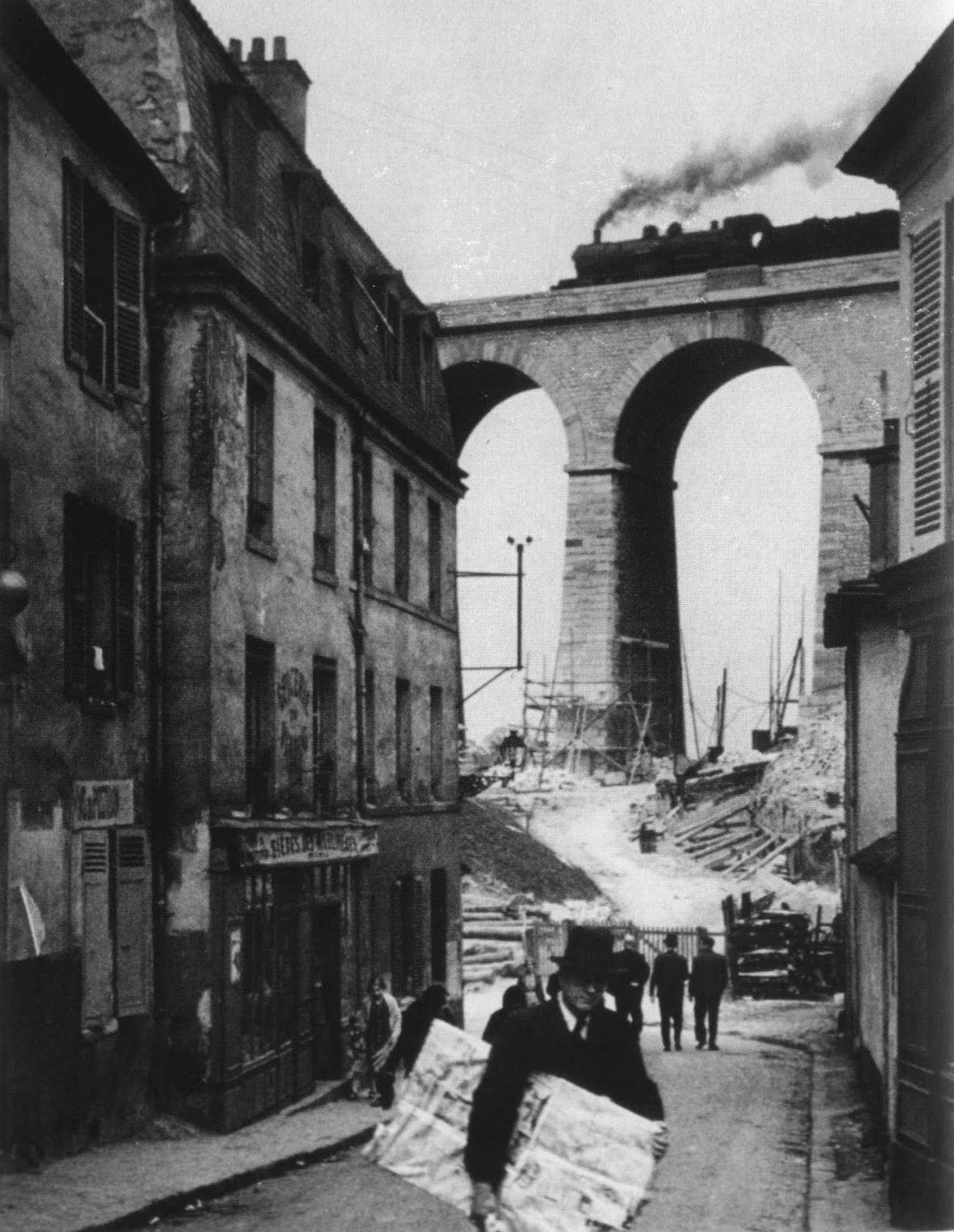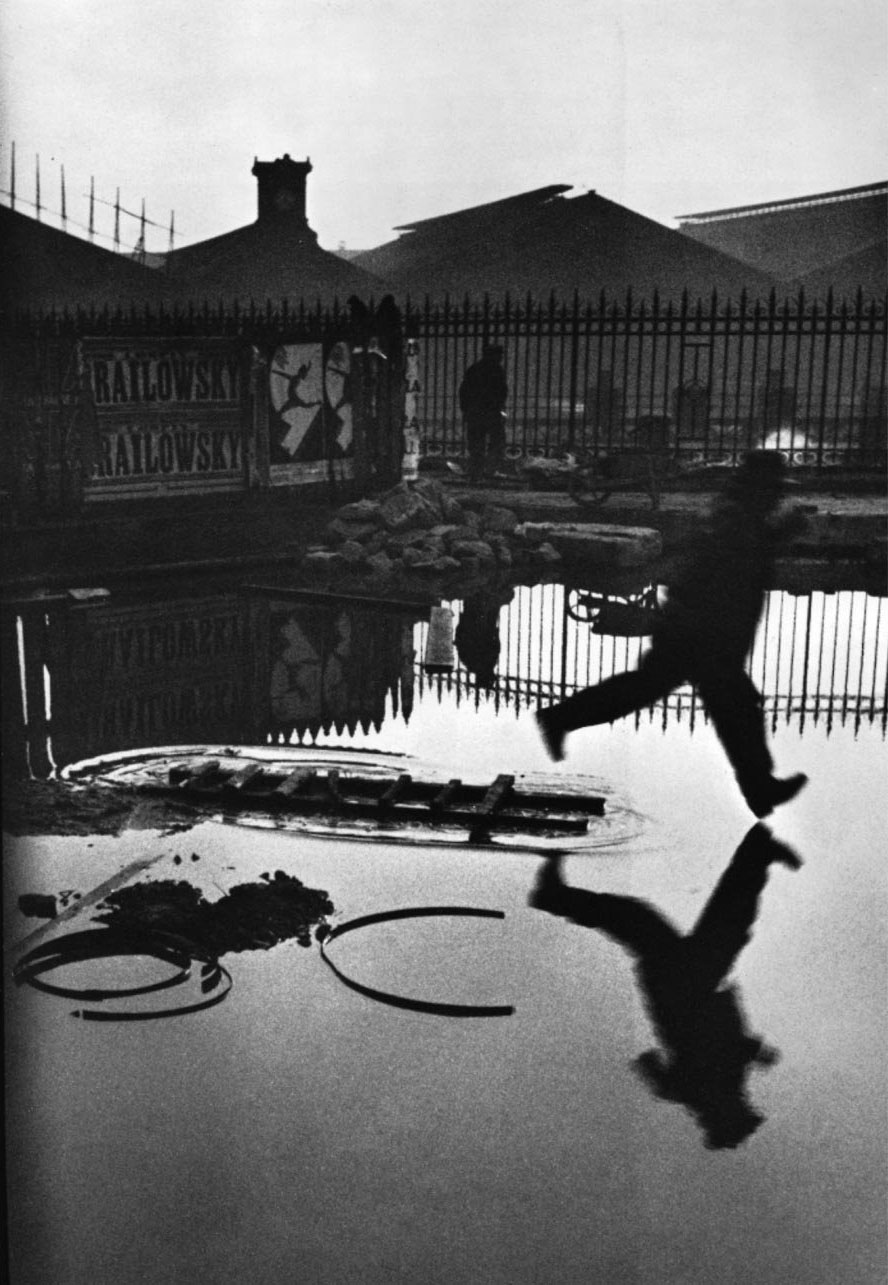The Importance of the 20th Century
Let this century be the sun of previous centuries the effulgences of which shall last forever, so that in times to come they shall glorify the twentieth century, saying the twentieth century was the century of lights, the twentieth century was the century of life, the twentieth century was the century of international peace, the twentieth century was the century of divine bestowals and the twentieth century has left traces which shall last forever.
(Abdu’l-Bahá, Bahá’í World Faith – Abdu’l-Bahá Section, p. 233)
The above quotation from our beloved Master succinctly describes our duty to distil from the twentieth century all lessons of wisdom and to use this learning to further ourselves and our kindred on an ever advancing path towards light, life, international peace, and divine bestowals.
Upon first glance it may seem ironic to label the twentieth century as one of “light.” The historic happenings of these one hundred years have successively contributed to a perpetual sentiment of distrust and disillusionment. Government betrayal and abuse of power were at a zenith during this time. Beyond the cataclysmic catastrophes that spurred two worldwide collisions, the history of this century is littered with examples of people growing inherently more difficult to appease. The pacifying tactics of previous years no longer had the desired effect and people clearly hungered for more than what “the facade of structure” could offer.
Yet, as unfortunate as this growing distrust may seem, it indicates that a new spiritual force has been released into our world. This spirit has enhanced many aspects of human ability. Our intellect, motivation and technological ability reached heights that we had never known. Granted many of these abilities were directed in a destructive direction (i.e. weapons and biochemical warfare) the achievements in science, art and social reality are rather amazing; they outshine the combined efforts of the previous centuries in their results and contributions. We can see this century as one of “life” by acknowledging the miraculous achievements in medical science. The discovery of vaccines and cures have allowed for a quality of life surpassing that of previous ages. We can certainly accept this century as one of “international peace” by studying the exceptional example of political figures moving in a direction of establishing international organizations to assist in maintaining basic world peace. Even if these efforts sometimes seem futile, the exceptional promise lies in our collective understanding of the yearning to have a secure world, not just a secure homeland.
The material, intellectual and social advancements of this century, if viewed with this perspective, could lead one to believe that it is no slight coincidence that only some fifty-six years earlier a new religion (the Bábí Dispensation) had been proclaimed in the East. A religion that ushered in the advent of a more brilliant and radiant Star (the Bahá’í Dispensation) that fulfilled all the prophetic cycles of old; and the light of which shone brightly in the East, eventually spread itself to the West and then on to enlighten all regions of the globe.
There will no doubt be lasting effects from the twentieth century that will surely have a direct influence on the political, social and interpersonal relationships that develop from now on, progressing until we have reached the age of Divine Civilization.





One of the thoughts I have had is the cross-cultural/religious expectations of the end times. In Hinduism and Hopi, Bible and Qur’an, there are stories – at vastly different literal scales of time, terminology, and the like – of the dark times. And if you look across history these last hundred or two hundred years there have indeed been vast devastations from World Wars, Tyrants – even new diseases. All then see a period of universal brotherhood and peace coming afterward.
And that is not the only aspect of the time. In addition to the unique qualities of the age reflected in various scriptures there are also the parallels of history. There are encounters of religions and religious ideas who in times passed were far from each other in language and space. Now we are one world and find ourselves shoulder to shoulder with each other and each other’s ideas. Some have called such times confusing; others a time of fermenting. It is a time somewhat confusing. Consider some examples. Reaching back to the edges of written history we have Cyrus the Great freeing the Jews and paying for the rebuilding of their temple – and a connection which injected an awareness of future prophets. Surely it would have been a weird time to have Zoroastrians working to help Jews! (http://www.cais-soas.com/CAIS/Religions/iranian/Zarathushtrian/zoroastrianism_influence.htm ) The later we have the period during which the Upanishads were being formulated and eventually recorded, roughly… 800 to 600 BCE, was a period of tremendous religious fermentation… change was happening at an extraordinarily fast rate, historically.” (http://books.google.com/books?id=z6aAUeTX2PAC&lpg=PR30&pg=PR30#v=onepage&q&f=false ) During the time of the establishment of Christianity there was a period of “…confused and confusing systems of thought that are the direct outcome of the helplessness and confusion afflicting the Christian Faith and the great variety of popular cults, of fashionable and evasive philosophies which flourished in the opening centuries of the Christian Era, and which attempted to absorb and pervert the state religion of that Roman people….” (http://reference.bahai.org/en/t/se/WOB/wob-49.html#gr13 ) And then later the so-called ”Ghulat” when “There thus arose a ferment of discussion around some of the concepts introduced by these older religious systems (which were encountered by Islam’s growth).… In Iraq (various religious systems) contributed to a kaleidoscope of religious debate and speculation probably unequalled in the ancient world.” (http://books.google.com/books?id=B0OL5Z8S-V0C&lpg=PR1&pg=PA65#v=onepage&q&f=false )